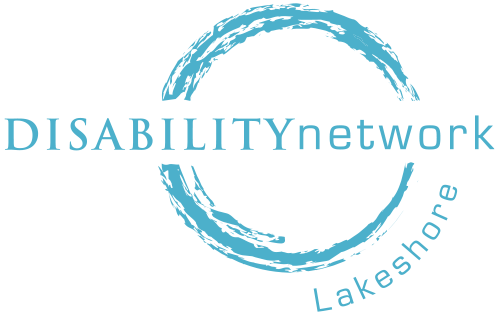When Your Disability is New
When you first learn you have a condition that is considered a disability, it’s frightening, to say the least. A disability is a physical, mental, sensory, cognitive, or developmental condition that limits your ability to do certain things, restricting your independence. This week I learned the retina in my right eye had detached almost completely, and the vision I now have maybe all I’ll ever have; it was quite unnerving. When I learned my other eye was also compromised, for the first time I began to appreciate that I might have to negotiate the rest of my life as a person who is blind. That was terrifying.
While some people are born with their disability, others may develop one or more conditions at any time throughout their life. Learning how to adapt to a new disability can be difficult. While I’ve had rheumatoid arthritis and mild asthma for many years, I am new to learning how to navigate the realm of visual disability. This new diagnosis comes with an overwhelming sense of fear, anxiety, and apprehension at what the future holds. With that in mind, I realize that perhaps it’s easier for me to face that future simply because I know more about the resources and coping mechanisms available to someone with a disability than most. I am an Independent Living Specialist for Disability Network/Lakeshore, and I’ve spent the last ten years working to help people increase their independent living skills and avoid being institutionalized because of a disability. I’d like to share some insights from my experience as I learn to cope with my new diagnosis.
First, I believe it is most beneficial to know as much about your condition as possible. How can you reasonably know what to expect unless you understand what is happening within yourself? When my vision started failing, I went online and looked at what possible explanations there were for what was happening. I kept in mind that just because I was reading a description of what might be causing my particular symptoms, it did not mean that it was the actual cause; it was a possibility. Once I knew what the possibilities were, I called my doctor’s office and made an appointment. A side benefit of having done this research ahead of time was that it helped me define more clearly what I was experiencing.
Once I had a diagnosis, I was better prepared for taking part in my treatment plan. That’s important to me, not just because this is my body and I want a say in what happens to me, but because I know myself better than anyone else, and I know what treatment options have the best chance of success with me.
My doctor explained what I was facing, and laid out the options for what could be done to try to stop my loss of vision, and perhaps even to reclaim some of what was lost. That’s a plan I can support. I learned the best methods for treating my condition and I was given some choice in developing my treatment plan. I’ve dealt with this doctor in the past, and I have faith in his abilities, else I would not have hesitated to seek a second opinion.
I accept that I have a responsibility to do my part in making my treatment plan work. I have to take care of myself as best I can in order to facilitate healing and the adjustments I’ll be going through. That means staying as active as I can while not doing so much that I make the problem worse. It also means eating well, getting enough sleep and rest, and following my treatment plan to ensure I have the best chance of a good outcome as possible.
Finally, I realize that I don’t have to face this alone. I have family and friends who will be there for me and who will do whatever they can to help. I’m not afraid to ask for that help. While I am familiar with many community resources, if I don’t know where to go for what I need, there is a place that will help me find those answers: Disability Network/Lakeshore. That makes it possible for me to face the darkness if it comes.
Having a new disabling diagnosis is frightening. While it may feel overwhelming, it’s not something you have to face on your own. Disability Network/Lakeshore has been there for me, and they want to be there for you too. Don’t be afraid to ask for help. It is not a sign of weakness; it’s why they exist! Call them at 616-396-5326.

